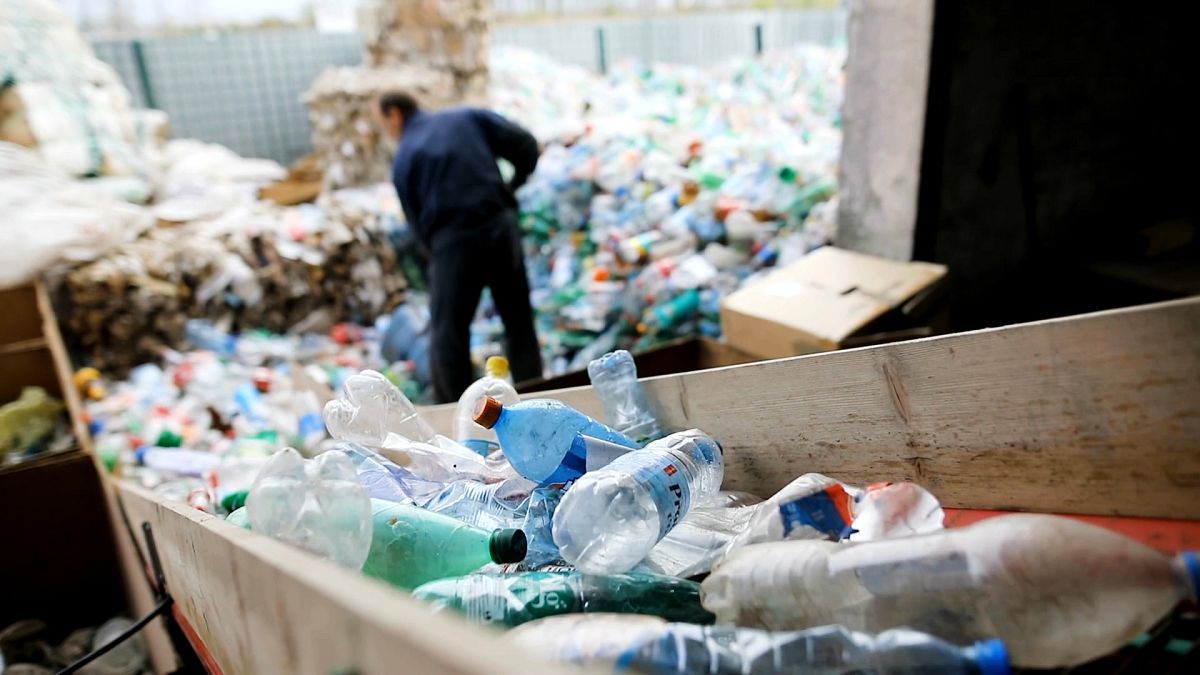

In a world increasingly attuned to the strains of environmental challenges, pivotal discussions continue to emerge about the various ways societies can respond effectively. These discussions focus on critical areas such as plastic pollution, climate commitments, and the pressing issue of global temperature rise, each posing significant implications for the health of our planet and its inhabitants.
Amidst this backdrop, the conversation around plastic pollution suggests a paradigm shift is needed. While recycling remains an important component of managing waste, experts caution that it alone cannot solve the burgeoning crisis of plastic polluting our ecosystems. Plastics have permeated nearly every corner of our environment, including human bodies, raising alarms about health implications. Scientists are advocating for a reduction in plastic consumption at the source, urging societies to adopt sustainable alternatives. This proactive approach aims to mitigate the environmental damage and encourage a culture of conscious consumption that prioritizes sustainability.
Concurrently, the global climate challenge continues to be underscored by extreme weather patterns. A glimpse of this was recently observed in Asia, where both Japan and South Korea endured record-breaking heatwaves, placing their populations under significant stress. This intense heat not only tested the limits of infrastructure but also posed severe health risks, prompting authorities to issue advisories for public safety. In South Korea, an unprecedented number of consecutive ‘tropical nights’—where night temperatures remain high—have been recorded, highlighting the regional impact of global temperature rise. In Japan, meanwhile, citizens braced for the nation’s hottest recorded day, further drawing attention to the urgent need for adaptive measures to counteract heat-related health issues.
At the same time, global commitments toward combating climate change face scrutiny. A significant pledge from the 2023 United Nations agreements intended to triple renewable energy capacity by 2030 remains unmet by most governments. Analysts warn that without accelerated effort to expand clean energy infrastructures, the world risks continued heavy reliance on fossil fuels. This trajectory is misaligned with the critical target of capping global temperature rise below 1.5 degrees Celsius. It underlines the need for robust policy measures and international cooperation to invigorate investment in renewable energy sources, ensuring a sustainable energy future.
Solutions to these interconnected environmental challenges lie in combined actions across multiple levels—from individual behavior shifts to policy reforms. Tackling plastic pollution through reduced consumption necessitates awareness campaigns and robust policy frameworks that encourage recycling and innovation in materials science. Similarly, addressing the implications of extreme heat involves urban planning that enhances resilience, such as green infrastructure and heat-health action plans.
In terms of climate commitments, governments are called upon to honor pledges made in international arenas, emphasizing implementation strategies that transform ambition into reality. Encouragingly, some regions and countries have begun leading by example by integrating renewables at unprecedented scales, fostering a hopeful pathway that others might follow. Furthermore, technology and investment in green innovations play crucial roles, offering scalable solutions that can be adapted globally.
As these issues unfold, they remind us of the inherent interconnectivity of our global ecosystem. Each action towards sustainability contributes to a larger, cumulative impact on the planet’s health. By embracing a mindful approach to consumption, energy use, and urban living, societies can work towards creating a more balanced and harmonious relationship with the natural world. This continuous endeavor of nurturing our environment stands as a testament to humanity’s capability to adapt and thrive, fostering an optimistic outlook for generations to come.
Source: {link}
